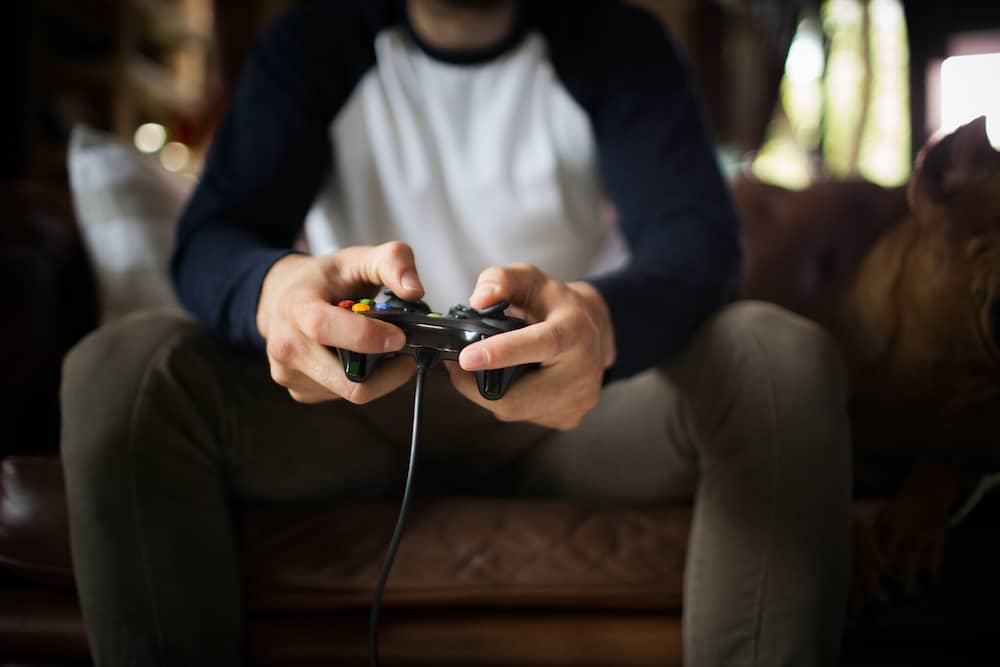Faking Insomnia Symptoms

When Insomnia and Anxiety Become Weapons of Manipulation
Let’s talk about something that’s rarely considered or discussed in the insomnia world – the complex relationship between real sleep disorders and those potentially being used as tools for manipulation. It’s a sensitive topic that affects not just the person claiming insomnia but entire families struggling to understand and respond.
Understanding True vs. Factitious Insomnia
When Sleep Becomes a Power Play
Real psychophysiological insomnia involves a genuine cycle:
- Anxiety about sleep
- Physical tension
- Racing thoughts
- Real sleep disruption
- Daytime consequences
But sometimes, these symptoms can be exaggerated or fabricated for:
- Avoiding responsibilities
- Gaining attention
- Maintaining dependency
- Manipulating situations
- Excusing underperformance
The Impact on Families
When Love Meets Manipulation
For parents watching their adult child claim debilitating insomnia, the struggle is real:
- Constant worry about their child’s health
- Financial strain supporting them
- Emotional exhaustion
- Relationship tension
- Uncertainty about tough love
Meet Linda, mother of a 27-year-old: “Every morning, it’s the same story – ‘I couldn’t sleep, I can’t work today.’ But their social media shows they’re up all night gaming. We want to help, but are we enabling?”
Signs of Factitious Insomnia
Recognizing Patterns
Watch for inconsistencies:
- Active social life despite claimed exhaustion
- Selective symptom presentation
- Resistance to treatment
- Excuses for avoiding responsibility
- Symptoms that conveniently appear before work/obligations
Sleep Recovery‘s Approach
Getting to the Truth
Sleep Recovery’s advanced neurofeedback can:
- Identify real sleep pattern disruption
- Measure actual brain wave activity
- Document genuine sleep issues
- Provide objective data
- Support authentic treatment needs
Their 15-session program quickly reveals:
- True sleep architecture problems
- Anxiety patterns
- Real vs. reported symptoms
- Treatment responsiveness
- Genuine progress markers
The Enabler’s Struggle
Breaking Free from Manipulation
For those supporting someone with claimed insomnia:
Setting Boundaries
- Requiring professional evaluation
- Establishing clear expectations
- Setting treatment compliance rules
- Maintaining consistent consequences
- Supporting without enabling
Finding Balance
- Showing compassion while requiring accountability
- Supporting without rescuing
- Encouraging independence
- Maintaining healthy skepticism
- Protecting your own well-being
Real Stories
Tom and Mary watched their son claim insomnia for three years: “We paid his rent, his bills, everything. But when Sleep Recovery’s testing showed no actual sleep disorder, we finally had the courage to stop enabling. He miraculously ‘recovered’ once he had to support himself.”
Sarah’s story differs: “I thought my daughter was exaggerating until Sleep Recovery’s tests showed severe anxiety-induced sleep disruption. Real treatment made a real difference.”
Supporting Without Enabling
Finding the Right Balance
Healthy support includes:
- Requiring professional evaluation
- Setting clear boundaries
- Expecting active treatment participation
- Maintaining accountability
- Encouraging independence
When to Seek Help
For Everyone Involved
Support is needed when:
- Family dynamics become toxic
- Financial strain increases
- Emotional health suffers
- Relationships deteriorate
- Enabling patterns develop
Treatment Options
Beyond Manipulation
Real solutions include:
- Professional sleep evaluation
- Neurofeedback assessment
- Family therapy
- Boundary setting support
- Independence building
Frequently Asked Questions
Q: How can I tell if insomnia claims are genuine?A: Professional evaluation, including physiological and brainwave testing, can provide objective evidence of sleep disorders.
Q: What if treatment is refused? A: Resistance to evaluation or treatment may indicate secondary gain motives.
Q: How do we stop enabling while showing love? A: Set clear boundaries while maintaining emotional support and requiring professional help.
Q: Can anxiety cause natural insomnia? A: Yes, but real anxiety-induced insomnia will show clear patterns in nightly sleep-architecture testing.
Q: What if we’re wrong about suspecting manipulation? A: Professional evaluation helps distinguish genuine disorders from factitious symptoms.
Conclusion
A professional evaluation is critical whether dealing with real psychophysiological insomnia or factitious manufactured symptoms. Sleep Recovery’s objective testing and treatment can help families understand the truth and find appropriate solutions.
Remember, supporting someone doesn’t mean enabling them. Real help sometimes means tough love and professional intervention.
References:
Factitious disease: clinical lessons from case studies at Baylor University Medical Center. https://pmc.ncbi.nlm.nih.gov/articles/PMC1484524/
Factitious disorders in medical and psychiatric practices. https://psycnet.apa.org/record/2018-11350-011
Factitious disorders and malingering: challenges for clinical assessment and management.https://www.thelancet.com/journals/lancet/article/PIIS0140-6736(13)62186-8/abstract
Challenges in Assessing and Managing Malingering, Factitious Disorder, and Related Somatic Disorders.https://www.psychiatrictimes.com/view/challenges-assessing-and-managing-malingering-factitious-disorder-and-related-somatic-disorders
